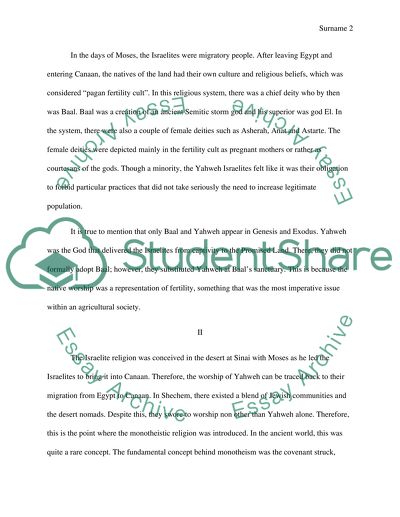Cite this document
(“The Development of Israelite Religion Admission/Application Essay”, n.d.)
Retrieved from https://studentshare.org/history/1451403-the-new-jerusalem-bible
Retrieved from https://studentshare.org/history/1451403-the-new-jerusalem-bible
(The Development of Israelite Religion Admission/Application Essay)
https://studentshare.org/history/1451403-the-new-jerusalem-bible.
https://studentshare.org/history/1451403-the-new-jerusalem-bible.
“The Development of Israelite Religion Admission/Application Essay”, n.d. https://studentshare.org/history/1451403-the-new-jerusalem-bible.


